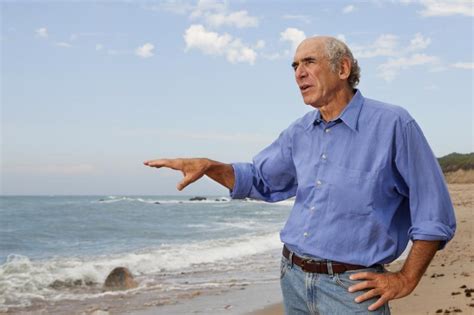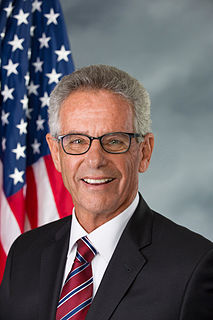A Quote by Henry Sylvester Jacoby
If the relatively rich participating countries want to stabilize atmospheric concentrations of greenhouse gases, they will have to pay at least some poor countries to reduce their emissions. Achievement of substantial reduction in this way implies international transfers of wealth on a scale well beyond anything in recorded history. There is no effective political support for such a Herculean effort, particularly in the United States.
Quote Topics
Achievement
Anything
Beyond
Countries
Effective
Effort
Emissions
Gases
Greenhouse
Greenhouse Gases
His Way
History
Implies
International
Least
Participating
Particularly
Pay
Political
Poor
Poor Countries
Recorded
Reduce
Reduction
Relatively
Rich
Scale
Some
Stabilize
States
Substantial
Support
Transfers
United
United States
Want
Way
Wealth
Well
Will
Related Quotes
Both rich and poor nations have a common stake in policies that put the globe on a sustainable development path. The conflict is less between poor and rich countries than between the broad interests of people and the narrow interests of extractive industries. We need to find our way towards some kind of global regime that reduces emissions of the greenhouse gases, but well-off nations need to transfer the technology to make this possible, rather than viewing this shift as one more opportunity for private industry to profit.
The international equity question arises from the costs of climate change itself and mitigation varying greatly across countries. It is affected by the historical responsibility for current greenhouse gas emissions, which countries which were not responsible for what's in the atmosphere now think are very important. Currently rich countries don't think those issues are very important.
We will pay for this [climate change] one way or another. We will pay to reduce greenhouse-gas emissions today and we'll have to take an enormous hit of some kind. Or we will pay the price later in military terms. And that will involve human lives. There will be a human toll. There is no way out of this that does not have real costs attached to it.
If the level and amount of consumption and waste of the western rich countries ever reaches the poor countries, it will mean the end of humanity. The big world corporations are busy doing it...The production, selling, consumption, accumulation, wastes' and advertisement explosions in the western rich countries and the continued population explosion in the poor countries will turn into major catastrophes.
We need to remind ourselves that our ultimate goal is not to reduce greenhouse gases or global warming per se but to improve the quality of life and the environment. We all want to leave the planet in decent shape for our kids. Radically reducing greenhouse gas emissions is not necessarily the best way to achieve that.
Bopha, Sandy, floods in Pakistan, droughts in China… How many reports from the likes of the World Bank, NASA and the International Energy Agency will it take? How many preventable catastrophes until our leaders realize that climate change will not be solved by nice speeches and empty promises? Countries like Canada and the U.S. have promised to reduce their greenhouse gas pollution and provide adequate financial support for developing countries, they have so far failed on both counts.
I know we need more nuclear power in order - nuclear power, after all, is not dependent on fossil fuels and emits no greenhouse gases. I believe we're going to be able to have coal-fired plants that have zero emissions. We need to work on carbon sequestration technologies. I mean, there's a lot we can do together and achieve the objective, which a lot of people want, which is the reduction of greenhouse gases, and at the same time, have viable economic growth.






























